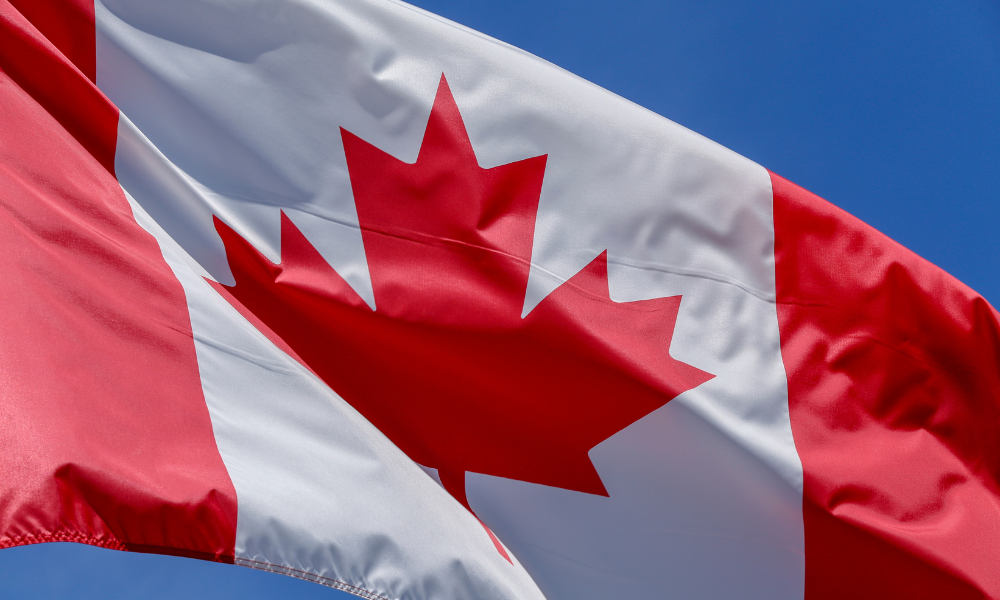British Columbia Chamber of Commerce President Fiona Famulak has told Premier David Eby and Attorney General Niki Sharma that “guardrails” are lacking in Bill 7, the legislation being proposed to combat the tariffs imposed by the US.
The passing of Bill 7 would grant the cabinet sweeping powers to react to threats caused by a foreign government’s actions or for reasons related to “supporting the economy of British Columbia and Canada” without needing debate in the legislature, according to The Canadian Press. Moreover, sections of the bill confer on the cabinet the power to charge vehicles using BC infrastructure, permit politicians to draft public-sector procurement directives, and remove provincial trade barriers by allowing the sale or use in BC of goods produced, manufactured, or grown elsewhere in Canada.
In a statement published by The Canadian Press, Famulak described the bill as “a step in the wrong direction for democratic institutions.” She wrote in a letter to Eby and Sharma published last Wednesday that Bill 7 would permit the government to implement almost every provincial law change it desired “with the stroke of a pen.”
The bill includes a 2027 sunset clause and requires the government to report on its movements.
On behalf of the chamber of commerce, Famulak expressed concern that the bill would enable the government to eliminate or implement new conditions on current licences or permits because such an action would support the economy, disrupting business operations.
“As a nation, we universally decry the progression towards authoritarian rule through decree by the executive branch of the United States. There is no justification for taking similar steps here in British Columbia or Canada. By not being accountable to the legislature, government is requiring that we move forward on faith and trust alone. This is neither sufficient nor acceptable,” Famulak said in a statement published by The Canadian Press.
Nonetheless, she said that the chamber “wholeheartedly” backed the elimination of interprovincial trade barriers as part of the governmental response to “unjustified and counterproductive tariffs.”
Although it lauded the bill’s internal trade focus on release, the Greater Vancouver Board of Trade asked for the internal trade section to be split away from Bill 7.
“The other parts of Bill 7 are truly unprecedented in scope, including the sweeping powers that would be conferred to the cabinet. While it's clear Trump's trade war has spurred an economic emergency, it is not clear to us that the sweeping powers are required or justified,” President Bridgitte Anderson wrote in a letter snippet published by The Canadian Press.
The Independent Contractors and Businesses Association said Bill 7 must be blocked to avoid concentrating power in the premier role. The Justice Centre for Constitutional Freedoms also protested the bill, saying in a statement published by The Canadian Press that the legislation “erodes the distinction between the legislative and executive branches of government in British Columbia, thereby putting pressure on the constitutional principle of the separation of powers.”
Interim BC Green Party leader Jeremy Valeriote said in a statement that the current form of Bill 7 contained “vague wording” that could permit “sweeping economic decisions without clear limits or transparency.” BC Green Party representatives are still meeting the government over Bill 7; the party inked a confidence agreement with Eby’s New Democrats group.
At the bill’s tabling, Eby argued in a statement published by The Canadian Press that Trump’s unpredictability and erratic behaviour were tantamount to “a human-caused disaster” and that the government needed to be able to mitigate the damage inflicted by his actions. According to the BC government, the province would lose $69 billion worth of GDP in total should the trade war be sustained throughout Trump’s four-year term as president.
Ravi Kahlon, who chairs the BC cabinet committee on tariff response, said in a statement released last Thursday that the committee sought to “address any concerns and ensure B.C. is prepared to act with urgency to respond directly to Trump’s actions and protect B.C. businesses and jobs — as people expect us to do. This may mean additional guardrails.”
The BC Chamber of Commerce represents 36,000 BC-based businesses.




